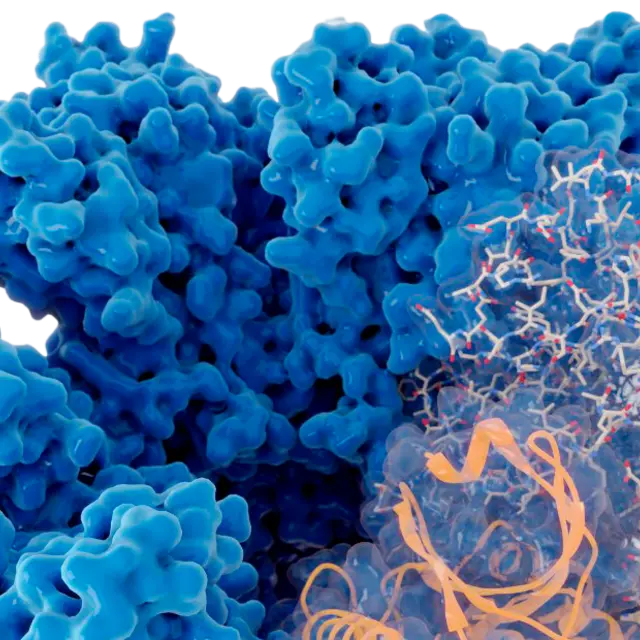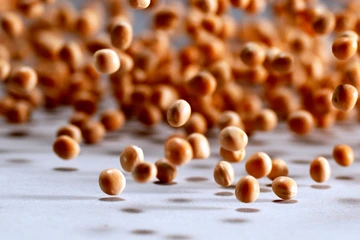Plant-based sausage ingredients:
what goes into a plant-based sausage?
Plant-based sausage is crafted from an array of plant-based sausage ingredients to mimic the texture, flavor, and appearance of traditional meat sausages. The ingredients include:
- Plant-based proteins: Extracted from peas, soybeans, fava, chickpeas, lentils, or mushrooms, plant-based proteins are the building blocks of these sausages. They provide the essential structure and texture that give the sausages their meaty mouthfeel.
- Oils and fats: To enhance flavor and mouthfeel, oils and fats are key to plant-based sausages. Commonly used options include coconut oil, sunflower and rapeseed oil, and avocado oil to add a rich, savory taste
- Spices and seasonings: Ingredients like salt, pepper, garlic, onion, and paprika and other natural flavors lend their distinct character to create a sensory appeal in plant-based sausages.
- Color: To get the color right of plant-based sausages, producers use coloring ingredients derived from natural sources.
Beyond the basics, plant-based sausages often include other ingredients like binders, gums, and stabilizers, all carefully selected to elevate the sausage's texture and extend its shelf life.
Consumers sometimes consider these plant-based sausage ingredients as chemicals – even if they technically might not be.





